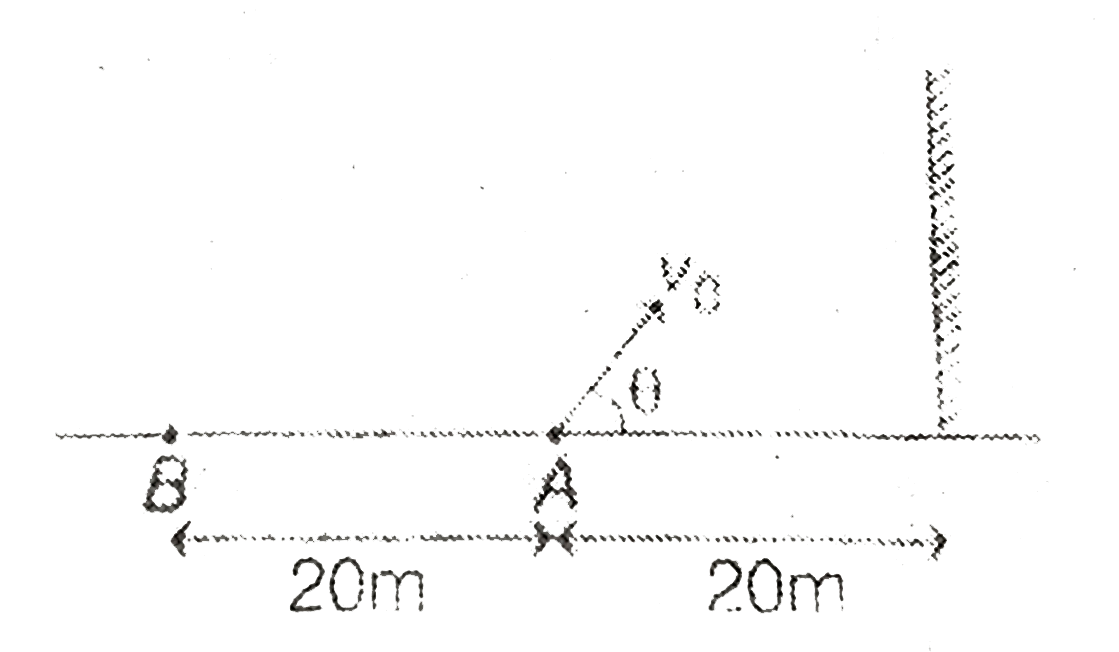How is the lost ball, the metaphor of the lost childhood of the boy? Why doesn't the poet want to 'intrude on? the boy by offering him money to buy another ball?
The boy has a ball. Perhaps he has been keeping it for a long time. He must have developed a lot of attachment and love with the ball. Suddenly while he is playing, the ball bounces down the street. And after a few bounces, it falls down into the harbour. It is lost forever. The boy stands there shocked and fixed to the ground. He constantly goes on staring at the spot where his ball fell down into the water. Outwardly, the loss seems to be quite small. The boy seems to be making a fuss over the loss. Many boys have lost such balls and will lose so in future. A new ball can be easily bought in a dime. The metaphor of the lost ball is beautifully linked to the loss of the sweet childhood. No amount of money can buy the ball back that has been lost forever. Similarly, no worldly wealth can buy back the lost childhood. The poet doesn.t want to sermonise on this issue. The boy himself has to learn the epistemology or the nature of loss. He has to move ahead in life forgetting all the losses he has suffered in the past.
Topper's Solved these Questions
- THE BALL POEMBOOK - FULL MARKSCHAPTER - THE BALL POEMEXERCISE - ADDITIONAL QUESTIONS SOLVED ( SHORT ANSWER TYPE QUESTIONS )
8 Videos
- NELSON MANDELA : LONG WALK TO FREEDOM BOOK - FULL MARKSCHAPTER - NELSON MANDELA : LONG WALK TO FREEDOM EXERCISE - ADDITIONAL QUESTION SOLVED (LONG ANSWER TYPE QUESTIONS )
7 Videos
- THE BLACK AEROPLANE BOOK - FULL MARKSCHAPTER - THE BLACK AEROPLANE EXERCISE - ADDITIONAL QUESTIONS SOLVED (LONG ANSWER TYPE QUESTIONS )
4 Videos
Similar Questions
Knowledge Check
What is the boy now, who has lost his ball,
What, what is he to do? I saw it go
Merrily bouncing, down the street, and then
Merrily over — there it is in the water
No use to say 'O there are other balls'.
How is boy feeling after losing the ball?AHe is sad.BHe is not affected.CHe is in extreme grief.DHe is happyAn ultimate shaking grief fixes the boy As he stands rigid, trembling, staring down All his young days into the harbour where His ball went. I would not intrude on him,
Why does the speaker choose not to intrude?
This is so because the poet:Aknows that it would embarrass the boy in his moment of grief.Bfeels that it's important that the boy learn an important life lesson, undisturbed.Crealises that he doesn't have sufficient funds to purchase a new ball for the boy.Dexperiences a sense of distress himself, by looking at the boy's conditionAn ultimate shaking grief fixes the boy
As he stands rigid, trembling, staring down
All his young days into the harbour where
His ball went. I would not intrude on him,
A dime, another ball, is worthless.
Why does the poet intrude the boy?AHe wants the boy to be happy.BHe wants boy to be sadCHe wants boy to be responsible.DHe was angry with the boy
Does the lost ball stands for the metaphor of the boy's lost childhood? How?
View SolutionWhy does the poet not offer to buy the > boy another ball?
View SolutionHow did the poet witness the whole scene of the boy losing his ball?
View SolutionA ball is projected vertically up from ground. Boy A standing at the window of first floor of a nearby building observes that the time interval between the ball crossing him while going up and the ball crossing him while going down is t1. Another boy B standing on the second floor notices that time interval between the ball passing him twice (during up motion and down motion) is t2.
(a) Calculate the height difference (h) between the boy B and A.
(b) Assume that the height of boy A from the point of projection of the ball is also equal to h and calculate the speed with which the ball was projected.
View SolutionIn the figure shiown a stationary boy (at a poing A ) throws a ball towards a fixed wall which is 20 m away from him. The ball hits the wall elastically and hits the ground at the point B, 20 m behind the boy. The total tiem elapsed id T1 The boy again throws the ball with same speed but at different angle from same point A towards the wall and after collision with the wall ball lands at same point B. But this time elapsed is T2.If (T2−T1) = 1s, choose the correct potions.

View Solution
